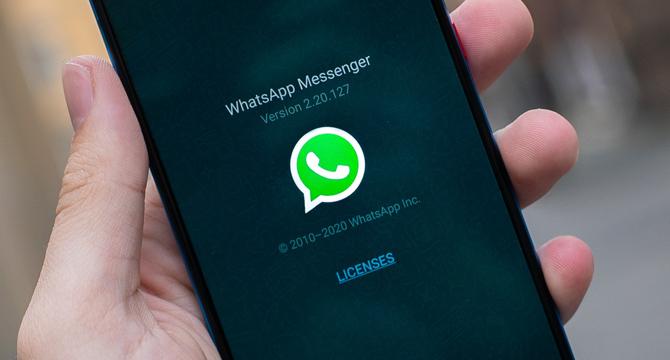Tech Radar
2w
112

Image Credit: Tech Radar
Meta hits back after US House staffers banned from using WhatsApp over security fears
- The US House's Chief Administrative Officer (CAO) has banned WhatsApp from all government devices used by congressional staffers over security concerns.
- Concerns cited include lack of transparency in data protection and absence of stored data encryption, raising potential security risks.
- The ban applies to all versions of WhatsApp, including mobile app, desktop app, and web browser versions.
- Staffers with WhatsApp on House-managed devices will be contacted to remove the app.
- Meta disagrees with the ban, emphasizing WhatsApp's end-to-end encryption for user messages.
- The CAO mentions that other communication platforms like Microsoft Teams, Wickr, Signal, iMessage, and FaceTime are still viable alternatives.
- WhatsApp ban is a result of concerns over user data protection and potential security risks.
- US Congress workers have been asked to remove WhatsApp from their devices.
- The ban comes after the Scottish government also prohibited WhatsApp use, favoring other messaging apps.
- Meta expressed strong disagreement with the House Chief Administrative Officer’s ban.
- The ban on WhatsApp aligns with previous tech restrictions for US government workers, such as Chinese platforms and certain AI tools.
- The ban is not related to geopolitical tensions but stems from data protection and encryption concerns.
- Concerns over lack of transparency and stored data encryption led to the decision to ban WhatsApp.
- Other CAO-approved apps like Microsoft Teams, Wickr, Signal, iMessage, and FaceTime are considered safer alternatives.
- The news follows a trend of banning certain apps within government settings to address security and data protection concerns.
Read Full Article
6 Likes
For uninterrupted reading, download the app